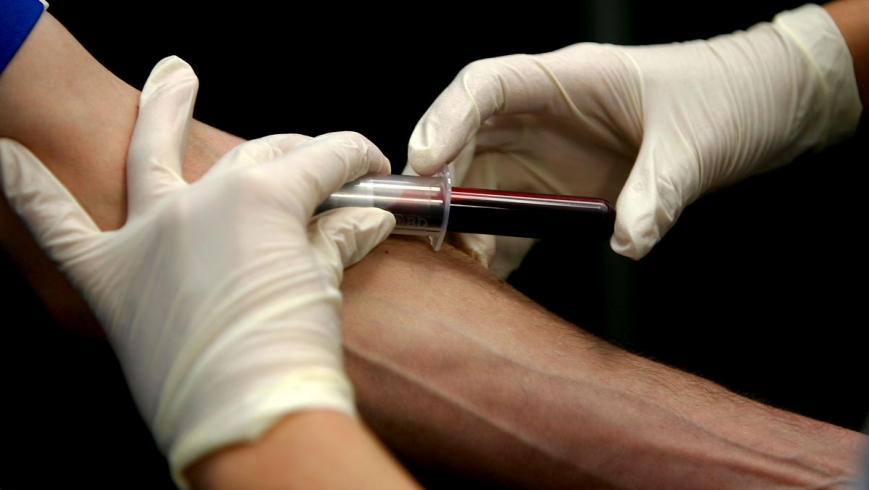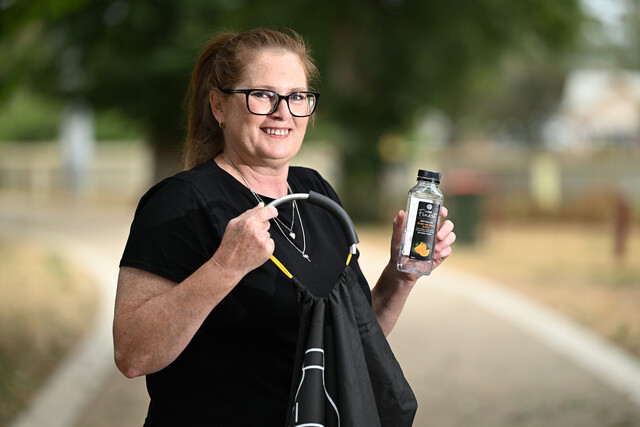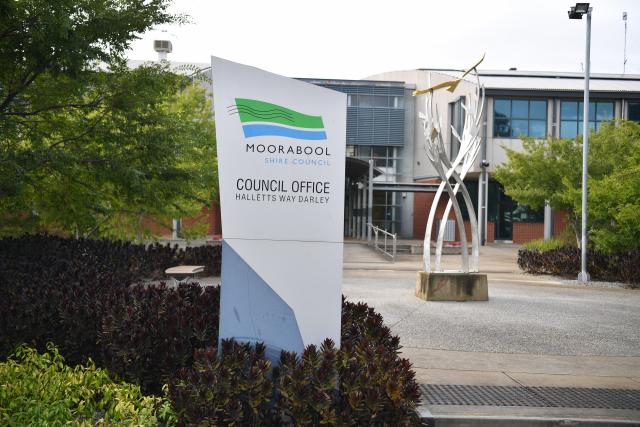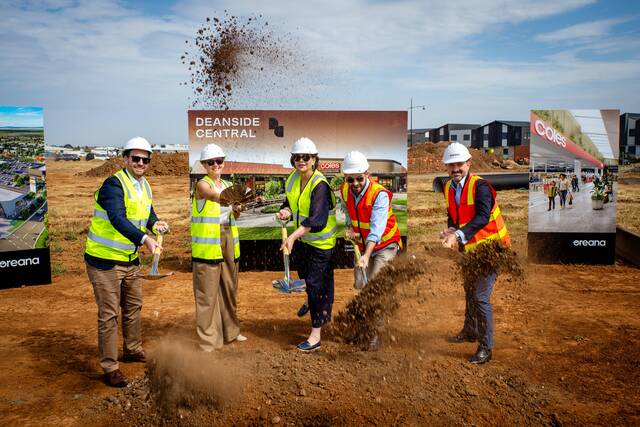Health services are lagging behind Melton’s rapid growth, driving down the overall health of the population, a report has found.
A population health snapshot by Melbourne Primary Care Network (MPCN) reveals Melton’s poor health record – the prevalence of diabetes, premature deaths, high smoking rates, psychological distress, obesity and disability was much higher than the state average.
As well, access to general practitioners, pharmacies and high-care, aged care services was significantly more difficult than in other areas.
MPCN chief executive Chris Carter said services weren’t able to keep up with demand in the fast-growing municipality.
Mr Carter also linked the poor health of the population to its socio-economic profile.
“Melton’s a really fast developing area; it takes time for health services to catch up … so you get issues around access,” Mr Carter said.
“And if they can’t go to a GP, they’re more likely to go to a hospital or not get treated at all.”
The health snapshot found people in Melton more likely to be hospitalised for “potentially avoidable” chronic diseases. And, overall, they were more likely to be admitted to hospital for chronic diseases.
Mr Carter said there were strong links between “social determinants of health”, including education and employment, and health itself.
Almost 19 per cent of Melton’s population receives rent assistance from Centrelink; nine per cent are unemployed; eight per cent rely on Health Care cards; less than 35 per cent have a higher education qualification; and 3.5 per cent receive carer’s allowances.
“There’s lots and lots of evidence that, if you are not economically secure, if you don’t have a job or access to education, or if there’s intergenerational poverty, then health outcomes are going to be worse.
“It’s a vicious cycle,” Mr Carter said, urging federal, state and local governments to plan and talk about ways to improve “social determinants of health”.
But he also said he understands governments are also limited in their capacity to find solutions.
“Melton and Wyndham are semi-rural areas that have transitioned into satellite cities of Melbourne.
“So that rapid growth really paints the picture that’s reflected in the snapshot.
“Governments need to make sure they have that dialogue about the big stories of growth, integration and planning for the future.”

















